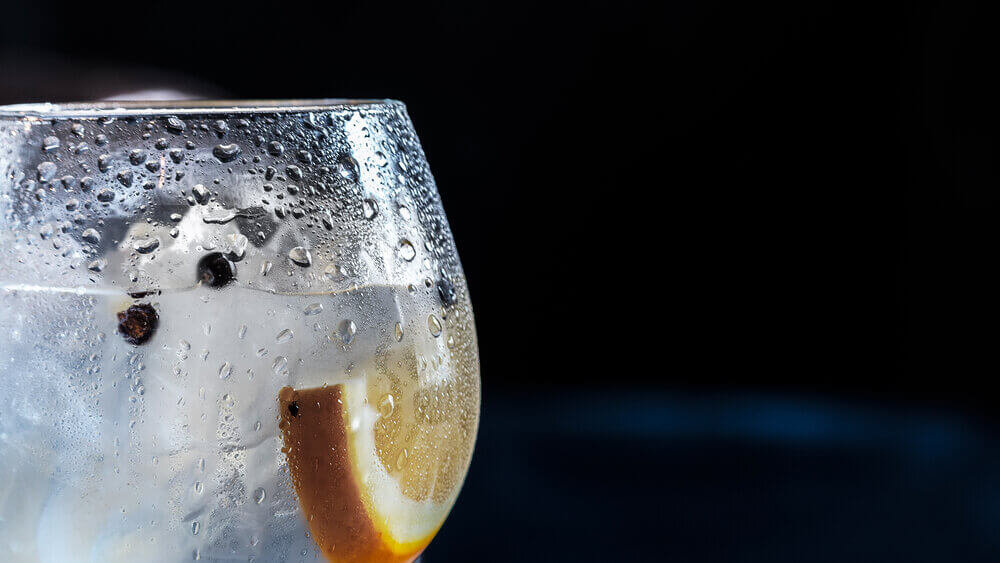How to Improve Water Quality in Your Home
Water quality is a concern all around the world as individuals experience issues with contaminated water in their homes. More often than not, they do not realize until long after the contamination has occurred, and by then it’s too late. While everybody wants to have the best water quality in their home, they often don’t know how to fix their water quality issues.
In this article, we’ll explore simple tips designed to help you improve water quality standards in your home.
Flush Your Pipes
When water sits in your pipes it can become stagnant and collects contaminants and debris. This tends to happen when you go on holiday and do not use your water for an extended period of time. Flushing your pipes is easy. Simply turn on your water and let it run for two minutes. Additionally, running the dishwasher, running the shower, flushing the toilet, and doing laundry also helps to get your water moving again.
Use Cold Water
Whenever possible, use cold water for cooking or drinking. Higher temperatures cause bacteria and contaminants to dissolve into your water. On the other hand, cold water isolates any bacteria and contaminants, which makes you less likely to ingest them.
Check Your Plumbing
As the pipes in your home age, they can begin to corrode. This is particularly true for older homes. When this happens, debris and contaminants can get into your water. This can impact both the taste and quality of your water. If your water begins to taste off or does not look clear, call a professional to come out to inspect your pipes to see if they are the culprit.
Faucet Aerators
Faucet aerators are small screens fitted at the end of your faucet. As the last line of defense for your household water, these screens work to collect any debris from making it past the screen. When these aerators catch debris it will build up and can impact water quality, pressure, flow, and taste. When this happens, all you need to do is unscrew the faucet and clean out the screen. When needed, you can replace these screens for a very minimal cost.
Water Softeners
Water softeners are designed to remove hard minerals from your water, such as magnesium and calcium. Over time, hard water can wear on your pipes, causing them to erode which inturn impacts water quality. Softer water also tastes better and is gentler on the skin.
Ultra-violet Sterilising System
Ultraviolet water purification is the most efficient process for purifying your water, removing any harmful bacteria. This powerful process uses ultraviolet (UV) rays to infiltrate harmful pathogens in your home's water and destroy illness-causing microorganisms by attacking their genetic core (DNA). For added hygiene confidence, your home appliances can be fitted with an ultra-violet sterilisation system, which works to reduce and eliminate water-born bacteria.
Water Filtration
Water filtration is a general term that refers to any system or process used to filter out pollutants and particles and from water. A powerful water filtration system, such as Everpure, is designed to micro-filter dirt and particles as small as 0.2 microns. Additionally, exclusive precoat water filtration systems provide a superior taste while reducing natural odors from your water.
At Sprudel, we’re committed to providing our clients with plastic-free drinking water solutions designed to improve their water quality while simultaneously making their home more environmentally friendly. By following these simple tips, you can improve the quality of water in your home. If you’re interested in learning more about water filtration systems, contact a member of our team today.

